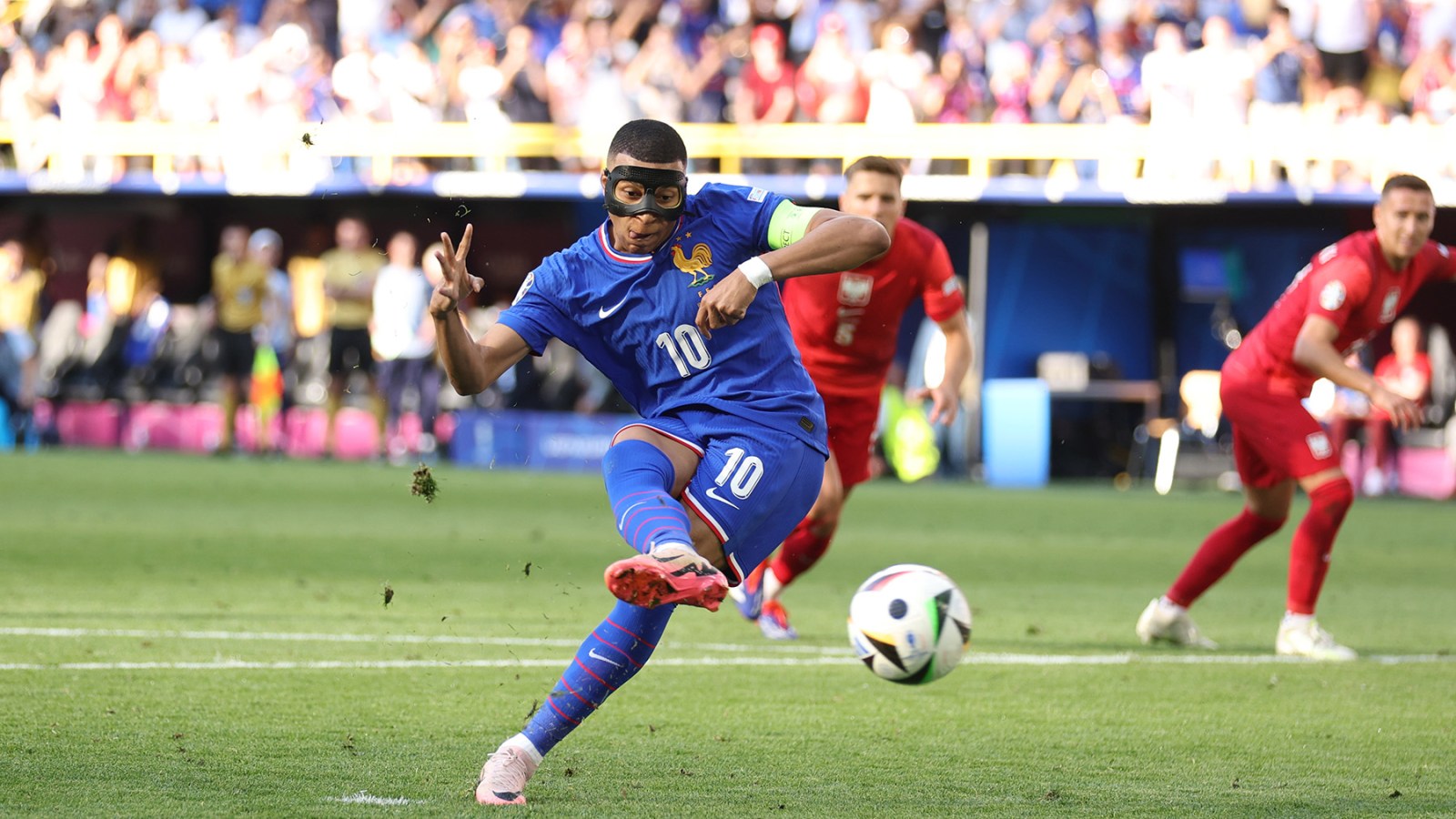Historical Context: France Vs Belgium
France vs belgium – The historical relationship between France and Belgium is long and complex, marked by both cooperation and conflict. The two countries have been neighbors for centuries, and their histories have been intertwined since the Middle Ages.
One of the most significant events in the history of Franco-Belgian relations was the Hundred Years’ War (1337-1453). This conflict between England and France devastated both countries, and it had a profound impact on the development of Belgium. During the war, Belgium was divided between pro-French and pro-English factions, and the country was frequently ravaged by both sides.
After the Hundred Years’ War, Belgium came under the control of the Habsburg dynasty. The Habsburgs were a powerful family that ruled over a large empire in Europe. Under Habsburg rule, Belgium experienced a period of economic and cultural prosperity. However, the Habsburgs were also staunch Catholics, and they tried to suppress Protestantism in Belgium. This led to the outbreak of the Dutch Revolt (1568-1648), which resulted in the creation of the Dutch Republic. Belgium remained under Spanish Habsburg rule until the War of the Spanish Succession (1701-1714), when it was ceded to Austria.
In 1795, Belgium was conquered by the French revolutionary armies. The French imposed a new constitution on Belgium, and they tried to suppress the Catholic Church. This led to a widespread revolt in Belgium, and the country was eventually liberated by the Allies in 1815. After the Napoleonic Wars, Belgium was united with the Netherlands to form the United Kingdom of the Netherlands. However, this union was not successful, and Belgium gained its independence in 1830.
France and Belgium, two European powerhouses, clashed in an intense match, each determined to emerge victorious. As the game reached its climax, the tension was palpable. Meanwhile, across the Atlantic, another captivating encounter unfolded: USA vs Uruguay. The Americans, known for their relentless spirit, faced a formidable Uruguayan team.
Back in Europe, France and Belgium fought valiantly, but in the end, it was Belgium who emerged triumphant, securing their place in the next round.
Since its independence, Belgium has been a neutral country. It has not been involved in any major wars, and it has played a leading role in the development of the European Union. France and Belgium have maintained close ties, and they are both members of the European Union and NATO.
Political Relations
The political relationship between France and Belgium has been characterized by both cooperation and conflict. The two countries have been allies in many wars, but they have also been rivals for territory. In the 19th century, France and Belgium were involved in a series of diplomatic crises over the control of Luxembourg. These crises were eventually resolved, but they left a lasting legacy of distrust between the two countries.
In the 20th century, France and Belgium were allies in both World Wars. After World War II, the two countries were founding members of the European Union. However, there have been some tensions between the two countries in recent years, particularly over the issue of immigration.
The battle between France and Belgium on the field was intense, but off the field, the news of Uruguay’s coach being suspended cast a shadow. The suspension raised questions about the team’s leadership and preparation for upcoming matches. Despite the distraction, France and Belgium continued their fierce rivalry, each determined to emerge victorious.
Economic Relations
The economic relationship between France and Belgium is close. The two countries are major trading partners, and they are both members of the European Union. France is Belgium’s largest trading partner, and Belgium is France’s third largest trading partner. The two countries have a long history of economic cooperation, and they are both committed to the development of the European Union.
Cultural Relations
The cultural relationship between France and Belgium is rich and diverse. The two countries share a common language, and they have a long history of cultural exchange. French culture has had a profound influence on Belgian culture, and many Belgian artists and writers have been inspired by French culture. In turn, Belgian culture has also had an influence on French culture, particularly in the области of art and literature.
Cultural Comparisons

France and Belgium, neighboring countries in Western Europe, share a rich history and cultural heritage. Despite their close proximity, they exhibit distinct cultural traditions, values, and lifestyles that reflect their unique identities.
Languages
Language is a fundamental aspect of culture. France’s official language is French, a Romance language spoken by the majority of the population. Belgium, on the other hand, has three official languages: French, Dutch, and German. The linguistic diversity of Belgium is a reflection of its historical and geographical position, having been influenced by both French and Dutch cultures.
Cuisines, France vs belgium
French cuisine is renowned worldwide for its sophistication and elegance. It emphasizes fresh, seasonal ingredients, elaborate sauces, and complex flavors. Belgian cuisine, while influenced by French culinary traditions, is more hearty and rustic. It features dishes such as mussels with fries, waffles, and chocolate.
Arts
Both France and Belgium have made significant contributions to the arts. France is home to renowned museums such as the Louvre and the Musée d’Orsay, showcasing masterpieces from the Renaissance to Impressionism. Belgium is known for its surrealist art movement, with artists like René Magritte and Paul Delvaux gaining international recognition.
Social Norms
Social norms vary between France and Belgium. French society is often characterized as more formal and hierarchical, with a strong emphasis on politeness and etiquette. Belgian society, in contrast, is more relaxed and informal, with a greater emphasis on equality and consensus-building.
Economic Interdependence

France and Belgium share a close economic relationship, characterized by significant trade, investment, and labor mobility. The European Union has played a crucial role in facilitating this economic cooperation.
Trade
- France is Belgium’s largest trading partner, while Belgium is France’s third-largest trading partner.
- In 2021, bilateral trade between the two countries amounted to over €70 billion.
- Major exports from France to Belgium include machinery, chemicals, and agricultural products.
- Belgium primarily exports machinery, chemicals, and transportation equipment to France.
Investment
- France is a major investor in Belgium, with investments totaling over €100 billion.
- Belgian companies also invest heavily in France, with investments exceeding €50 billion.
- Key sectors for investment include manufacturing, transportation, and financial services.
Labor Mobility
- There is a high degree of labor mobility between France and Belgium.
- Many Belgian workers commute to France for employment, particularly in the border regions.
- French workers also find employment in Belgium, especially in sectors such as healthcare and education.
Role of the European Union
The European Union has played a significant role in fostering economic cooperation between France and Belgium.
- The EU’s single market has eliminated trade barriers and facilitated the free movement of goods, services, and capital.
- The EU’s common currency, the euro, has further reduced transaction costs and promoted economic integration.
- EU regulations and policies have also harmonized business practices and created a more level playing field for companies.
Potential Benefits and Challenges of Further Economic Integration
Further economic integration between France and Belgium could bring additional benefits, such as:
- Increased trade and investment opportunities.
- Enhanced competitiveness in the global market.
- Greater job creation and economic growth.
However, there are also potential challenges to consider:
- Increased competition between domestic businesses.
- Potential loss of jobs in certain sectors.
- The need for harmonization of regulations and policies.
Overall, the economic interdependence between France and Belgium is a key driver of prosperity for both countries. The European Union has played a vital role in facilitating this cooperation, and further integration could bring additional benefits. However, it is important to carefully consider the potential challenges and ensure that the benefits outweigh the risks.